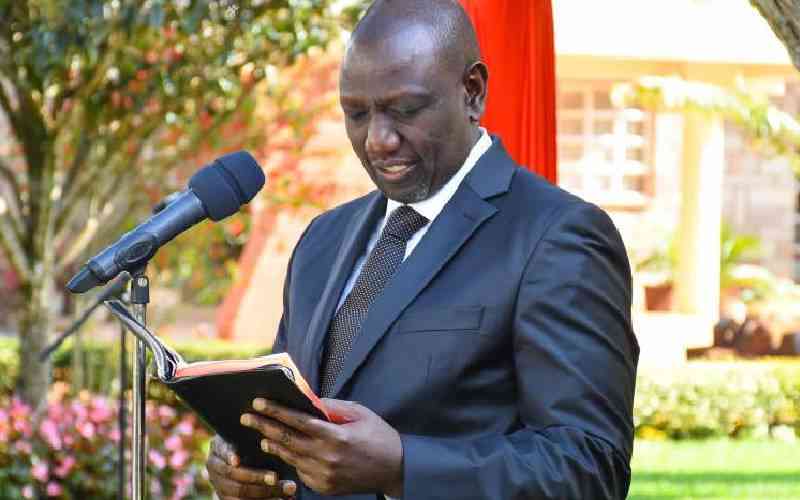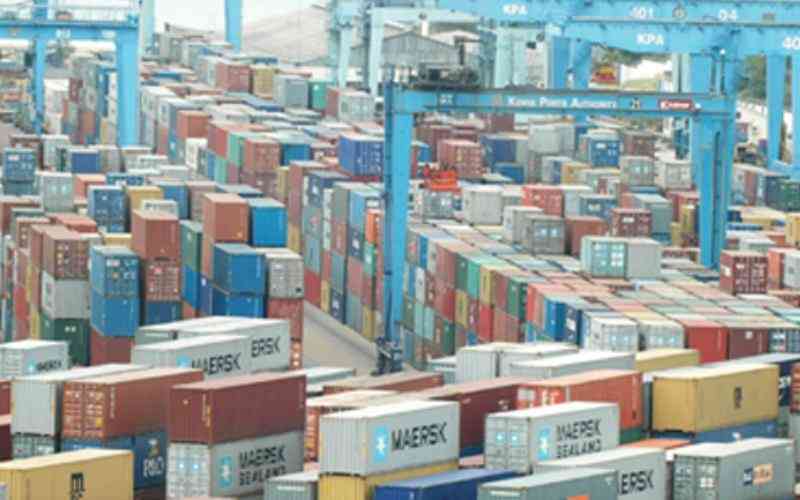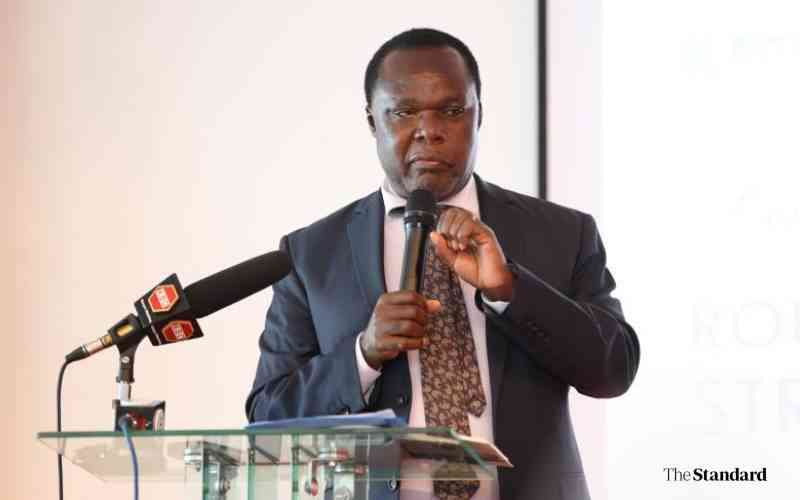×
The Standard e-Paper
Join Thousands Daily

According to the World Bank, 10 per cent of Kenyans aged 15 to 64 are unemployed, but some employment sectors appear to be showing significant growth. Two that quickly come to mind are security and religion.
Currently, there are over 100,000 Kenyan police as well as close to half a million private security guards employed by more than 2,000 companies. Those figures may at first appear incredible but take a quick trip to your nearest shopping mall and you may find nearly as many uniformed security personnel as customers.







